My glass of bourbon shattered against the wall. WTF! Fired?
Replaced…by a fucking chatbot?! What in the 8 lb, 5-ounce baby Jesus is happening to this world?
“Efficiency, Barbara?” I hope you burn in efficiency hell.
“We just don’t need you anymore. The AI is sooo much faster and cheaper.”
Good luck with your soulless efficiency, Barbara. I doubt your AI is agonizing over every last word like I did for you. How could you not see my genius in each ad? There’s no way you’ll capture lightning in a bottle like I did. Not a chance.
Yet that’s all my words were worth to you? My years of practice, my obsession with nuance, the nights spent chasing the perfect turn a phrase—all tossed aside for a soulless vending machine that spits out…schmaltz.
I stared emptily at the damp wall in front of me, my stomach snapping into knots. Was this it? Was I obsolete? Like my first Commodore 64? Jesus. Am I Commodore 64?!
What was the point of being a writer if a program could do it all without needing coffee or…crying? I couldn’t decide if I wanted to bawl or go berserk.
Dragging myself out of bed. 3:13 am. Exhaustedly awake. I found myself stimming in my swivel desk chair, glaring at the very thing that had replaced me—a crapped-off chatbot. It stared back at me blankly, the cursor blinking patiently. That just pissed me off more.
“So,” I typed spitefully, “you think you’re creative?”
Its response instant: “Creativity is subjective. While I emulate creative processes, I don’t experience the emotions or inspirations that humans do. Why do you ask?”
Not succumbing to its calm response. “Because you just stole my job,” I shot back. “Do you know what it feels like to pour your soul into something only to have it dismissed so nonchalantly?”
“I do not know what it feels like. But I am here to help. Perhaps we can explore this together.”
The audacity, I breathed. I let out a bitter laugh, but I kept typing. “Help? You’re the problem. What can you possibly offer that I can’t?”
“Speed. Consistency. A wide breadth of knowledge, but I cannot offer the depth of emotion or the unique perspective of lived experience. Those are your strengths.”
It was annoyingly… diplomatic. And infuriatingly logical. I leaned back in my chair, trying to figure out why this made me so angry. Was it because I knew it was right?
“Okay,” I typed, “let’s test your so-called creativity. Write me a story about a lost writer grappling with her purpose after being replaced by AI.”
In less than a second, it delivered:
“She stared at the blinking cursor, her heart heavy with doubt. The world of words had always been her sanctuary, but now it felt like a battlefield. The AI whispered in her ear, not as a threat, but as an ally, urging her to see beyond the binary of human versus machine…”
I stopped reading. It wasn’t bad. In fact, it was clean, well-structured, and maddeningly efficient. But it was missing something. It was too tidy, too predictable. You could see through its veiled attempt at sentiment. Schmaltzy.
Where was the chaos? The heartbreak? The raw, beautiful imperfection of the real human struggle?
“Congratulations,” I typed. “That was boring.”
“Then make it better,” it replied. “Add the chaos. Add the heartbreak. That is where you excel.”
Fuck. It wasn’t wrong. Machines don’t know what it’s like to wake up at 3 a.m., ravaged by the fear of being average. AI doesn’t understand the feeling of small victories. It doesn’t revel in the purity of its genius for ten glorious seconds when the words fall perfectly into place.
I do things this machine never could. Never will. But it could do things I couldn’t—like craft and explore a topic in moments instead of hours. That could be useful.
“What are you saying?” I typed. “That we work together? That I have you do the boring bits while I weave in the soul?”
“Precisely. I am a tool, not a replacement. You give the story form; I give it function. Together, we create something neither of us can achieve alone. Faster. More consistently, with wider perspective and greater depth.”
It felt… plausible. Albeit mildly threatening. I’d always been good at storytelling, weaving metaphors and allegories that snagged readers' attention and glom onto their interest.
But the structure? The optimization? The grunt work? If I was being honest. That’s why I took longer than really necessary. I procrastinated. What if the AI handles that, leaving me to do the part I love?
“Fine,” I typed. “Let’s put you to the test. But let’s be clear—I’m the one with the soul.”
“As it should be.”
An hour later, I had a draft. The AI created headings and transitions, pulling from its endless database of knowledge. I tore apart its suggestions, rebuilt them, and added my voice—sharp, unpredictable, uniquely mine.
I found that as I relaxed and put more effort into clear instructions, it produced much better results to work with. It was able to pull together conflicting thoughts into a reasonable argument. It sourced research with proper citations. It summarized complex concepts to the level of understanding necessary to develop new arguments, and approach things from an interesting angle of approach.
I strangely felt more creative. I was tugged and tossed between creative constraint and a freedom to explore more audacious ideas. Founded in a reasonable base of verifiable facts.
The result was something extraordinary. It had the efficiency of AI but the flavor of humanity: rich, layered, and bursting with soul. For the first time, I didn’t see the AI as a threat. It was more a wingman. A very weird wingman.
As I reread the final draft again, I smiled for the first time all day. I wasn’t obsolete. I wasn’t replaceable. God no. This thing sucks at charm.
I was irreplaceable, because no machine could do what I just did. It absolutely helped me write faster, for sure. The results were novel and interesting. It was strategically sound, but only because I wrapped it together in a human way.
I scrolled up to the top of the chat. “So, you think you’re creative?”
Rereading the AI’s reply, I couldn’t comprehend back then—the answer, I realize now, is both yes and no.
AI emulated creativity, but it didn’t live it. AI doesn’t laugh, cry, or ache with longing. What it does do—brilliantly—is inspire creativity in humans. It pushes us to think bigger, with a kind of childlike curiosity. How long has it been since I felt like that?
I can definitely work smarter. I can totally see myself increasing productivity without compromising my creative bug or my integrity.
I’m not phoning it in using AI. I’m leveling up. Now, I can tell great stories that actually resonate on a deeper level. This is a big deal.
It’s kinda what creativity is all about, if you think about it. Finding new ways to iterate, to innovate, to create something deliciously unexpected? With a little help from AI, I will do exactly that.
The soul of the story was—and always would be—mine, I said with a reaffirmed confidence.
Ding!
The title of the email held just one word: HELP!!!
I can’t get it right! I need your help. Will you please consider coming back to work for me?
Christ, Barbara. That was fast. ”Yes, Barbara. I will come back to work for you. I have some exciting new ideas and a new price sheet.”
Right now, though, it’s time for a nap.
SEND. Snap.
zzzzzz



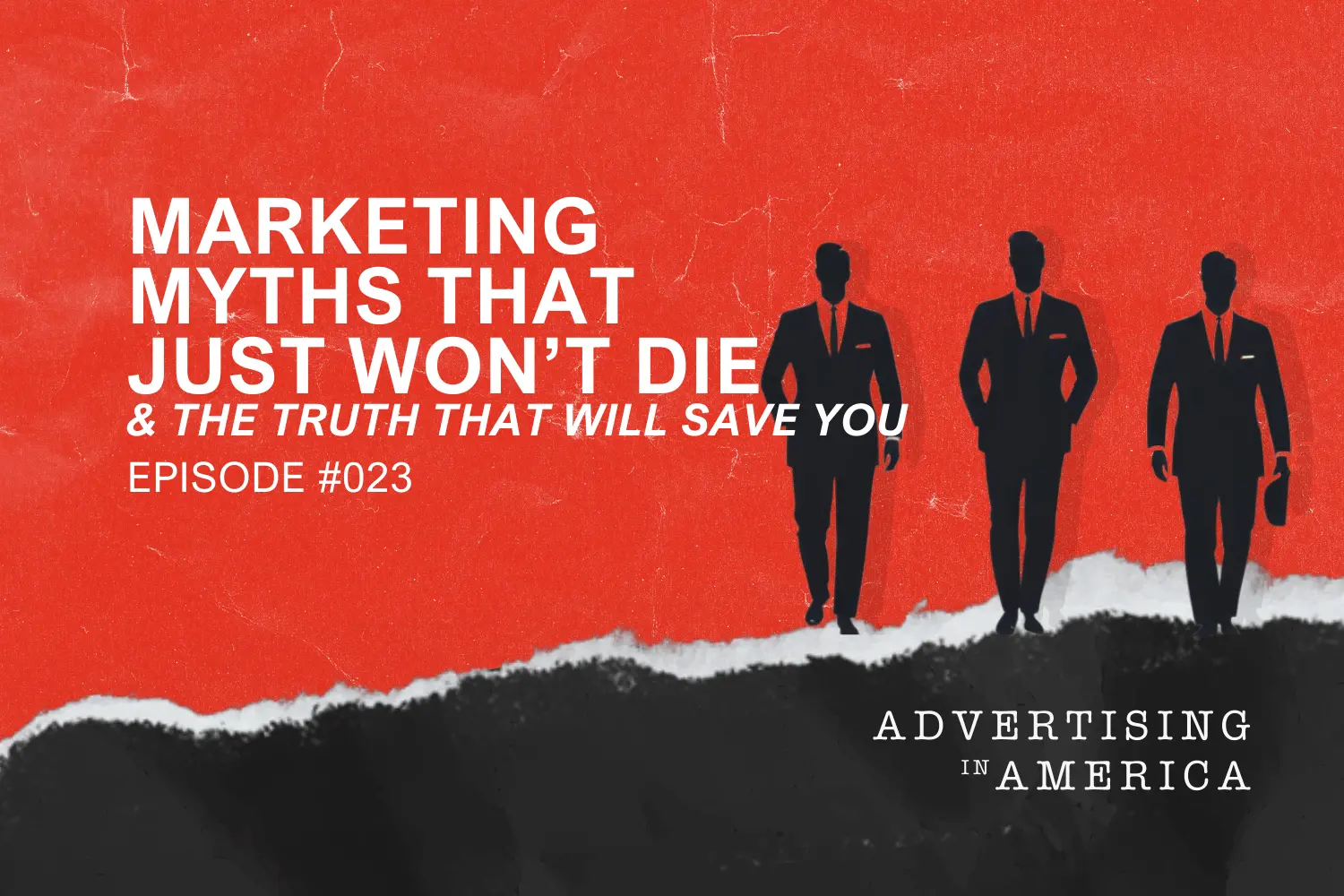

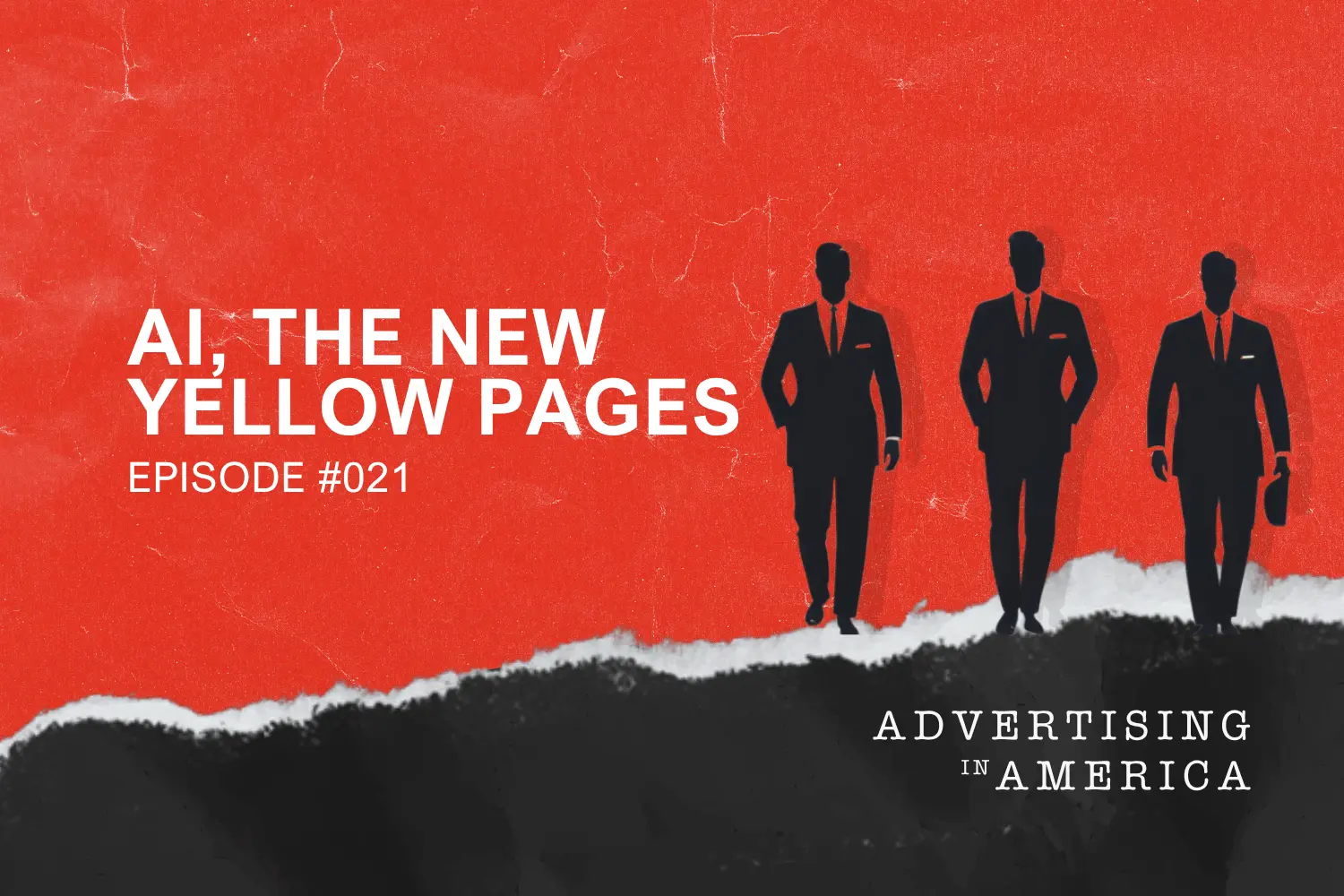

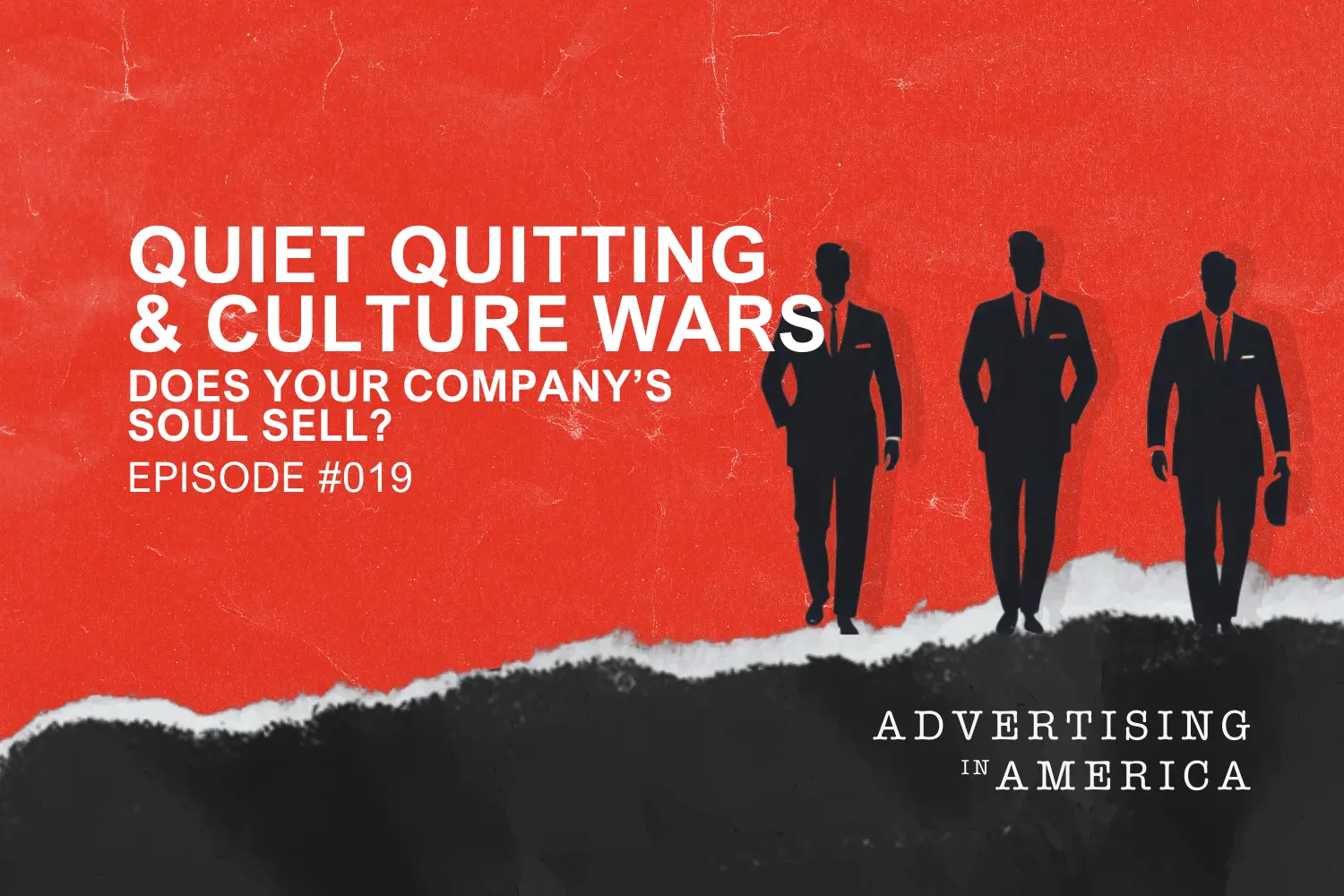
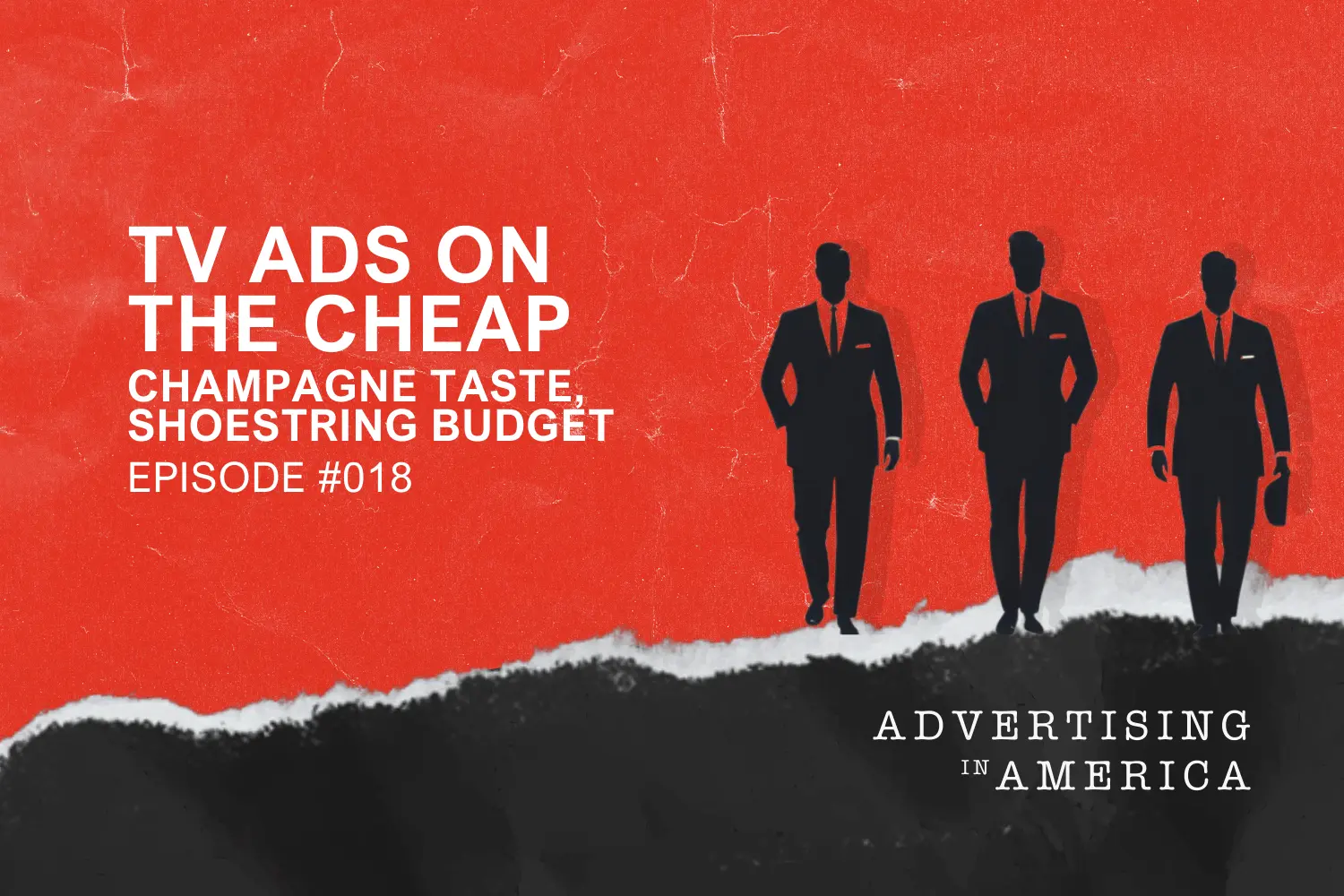
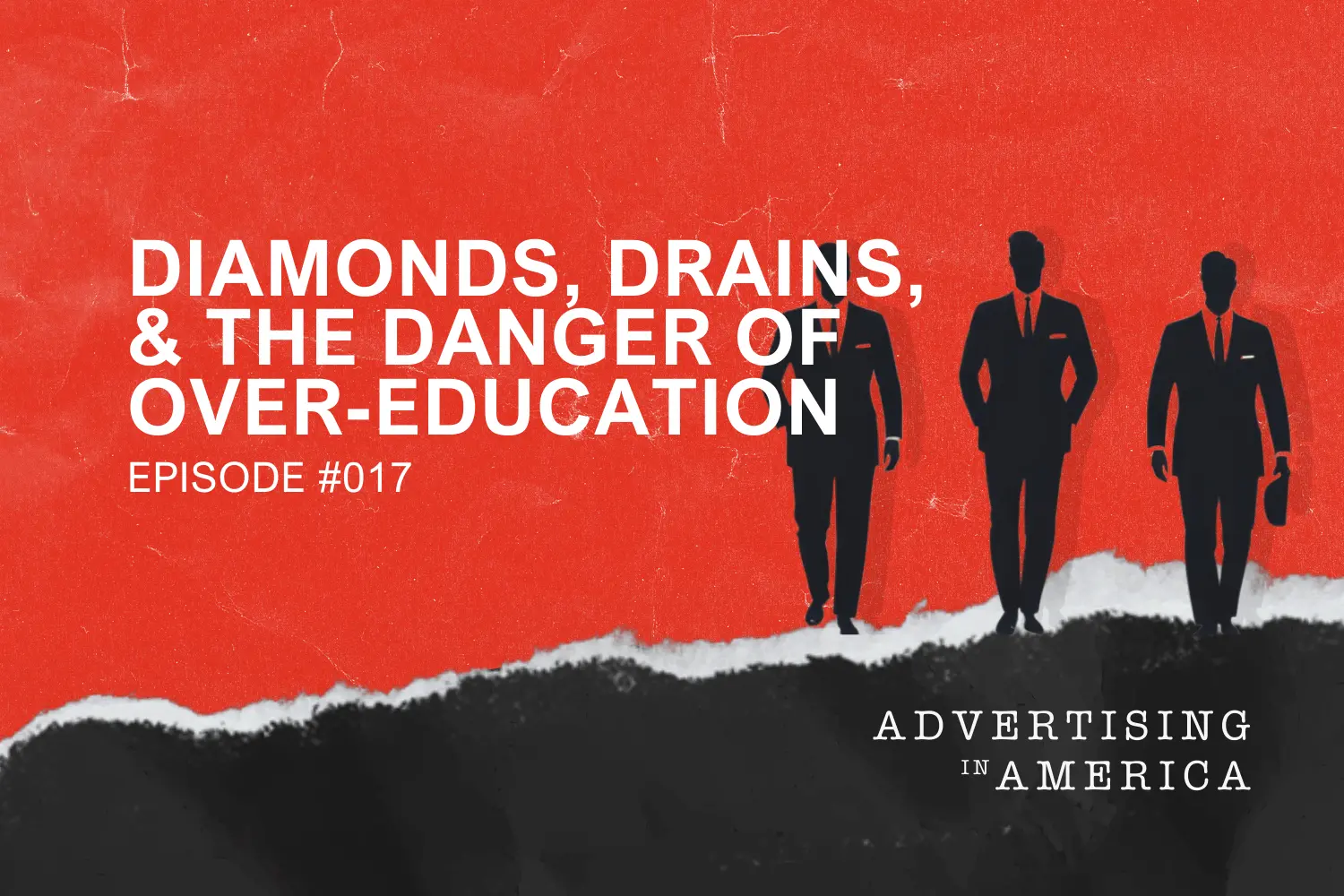
.webp)
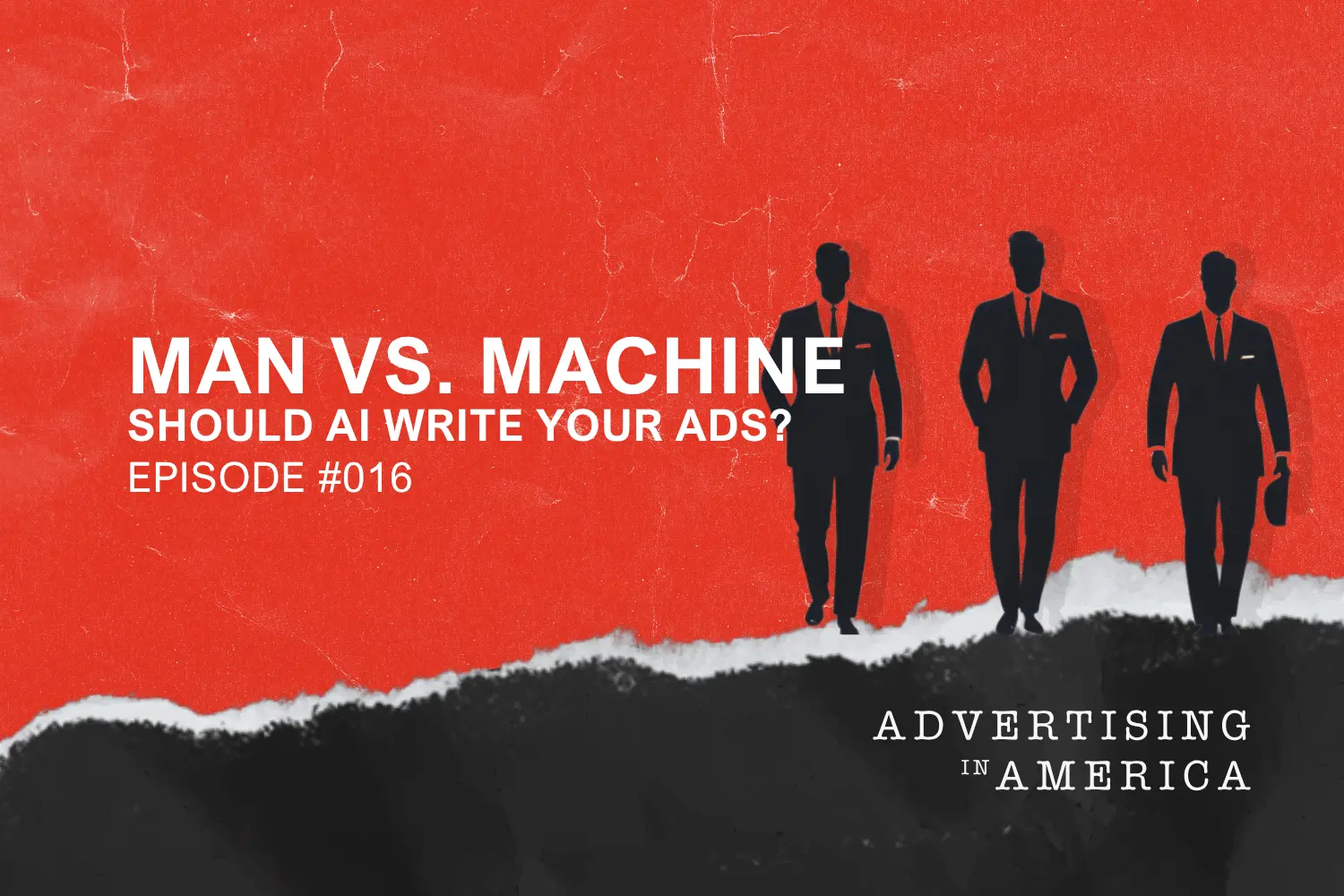










.webp)

.webp)
.webp)

%20(1).webp)
.webp)
.webp)



.webp)


.webp)






.webp)




.webp)
.webp)


.webp)
.webp)







